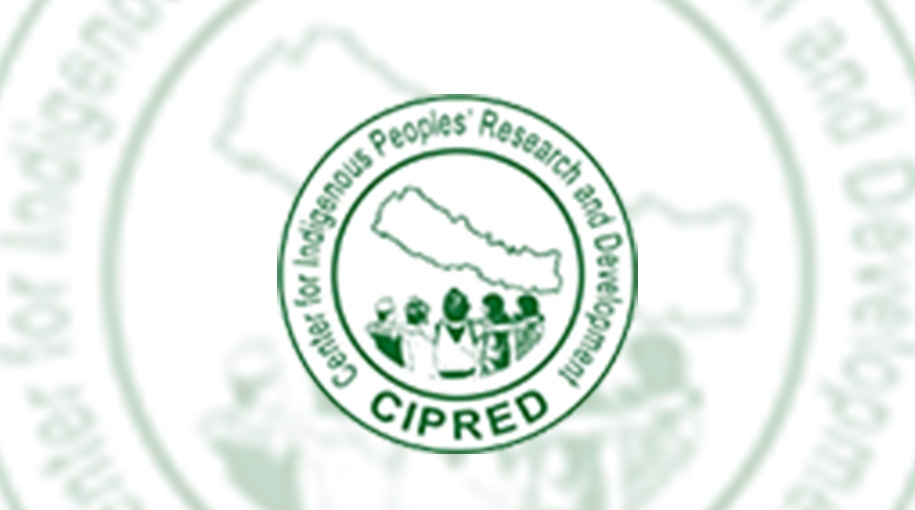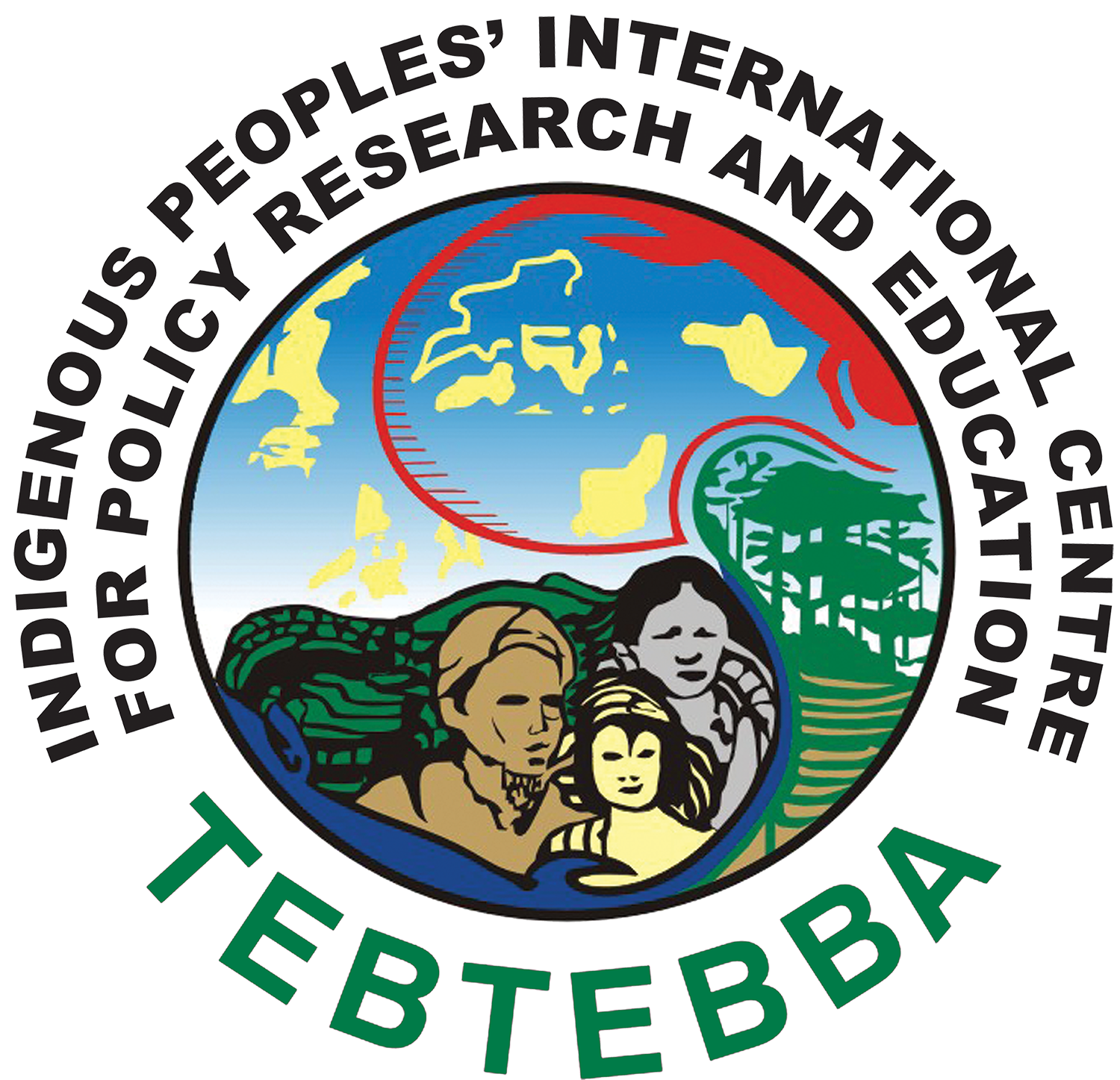Supporting Indigenous Peoples to Address the Impacts of the Coronavirus in their communities
Background
The Government of Nepal (GoN) introduced a lockdown on March 24, 2020 in response to the increased threat of COVID-19 in Nepal amidst increasing cases and deaths across the world. Although there was only hand full of cases and evidence of community transmission in Nepal in the initial days when country was lock down, now numbers of infected people has been speeding rapidly in bigger numbers that created fear and anxiety, trauma among many indigenous peoples’ (IPs) communities, who have been on their self-isolation in the villages.
The degree of impacts of COVID-19 on IPs is different in terms of their social, economic, gender and ethnicity. The IPs are more vulnerable in comparison to other groups to the impacts of the lockdown and fear of being infected by COVID. The Government of Nepal has been trying to slow the progress of COVID-19 and distributing food to the poor people, but the support has hardly reached IP communities in Nepal. Food that have been distributed were focused in the cities or headquarters of the districts and never reached the communities.
This situation has severely posed a grave health threat due to poor access to healthcare, lack of access to the essential services, sanitation, mask and medical facilities in the communities as preventive measures to the pandemic.
Indigenous peoples who have been depending on daily wages and foreign employment have been severely hit. Many sole bread earners in the family who work in foreign countries have lost their jobs, often stranded in a foreign country with little hope of coming back home. Other IPs who have been working in the city as laborers have also lost their jobs. Particularly, single indigenous women who have been working as domestic helpers have lost their jobs and their little savings are already running out. They are now fearful of coming to the street with no food and shelter to stay as they do not have money to pay their rent.
Project Objectives
- Increase awareness of indigenous peoples in target villages about the COVID-19 pandemic.
- Support immediate COVID-related and healthcare needs
- Support food and other basic necessities.
Target Beneficiaries
The target beneficiaries of the project are at least 35 families (183 individuals) and at least 30 single indigenous women who work as wage laborers, either in the city or in the village, and those who have lost their job and are running out of savings to support their families. Beneficiaries will be from the ff villages: Khsure and Kalleri villages in Lamjung among Gurung and Bhujel Indigenous Groups, Danuwar Indigenous Groups in Udayapur, other single indigenous women in Kathmanddu.




